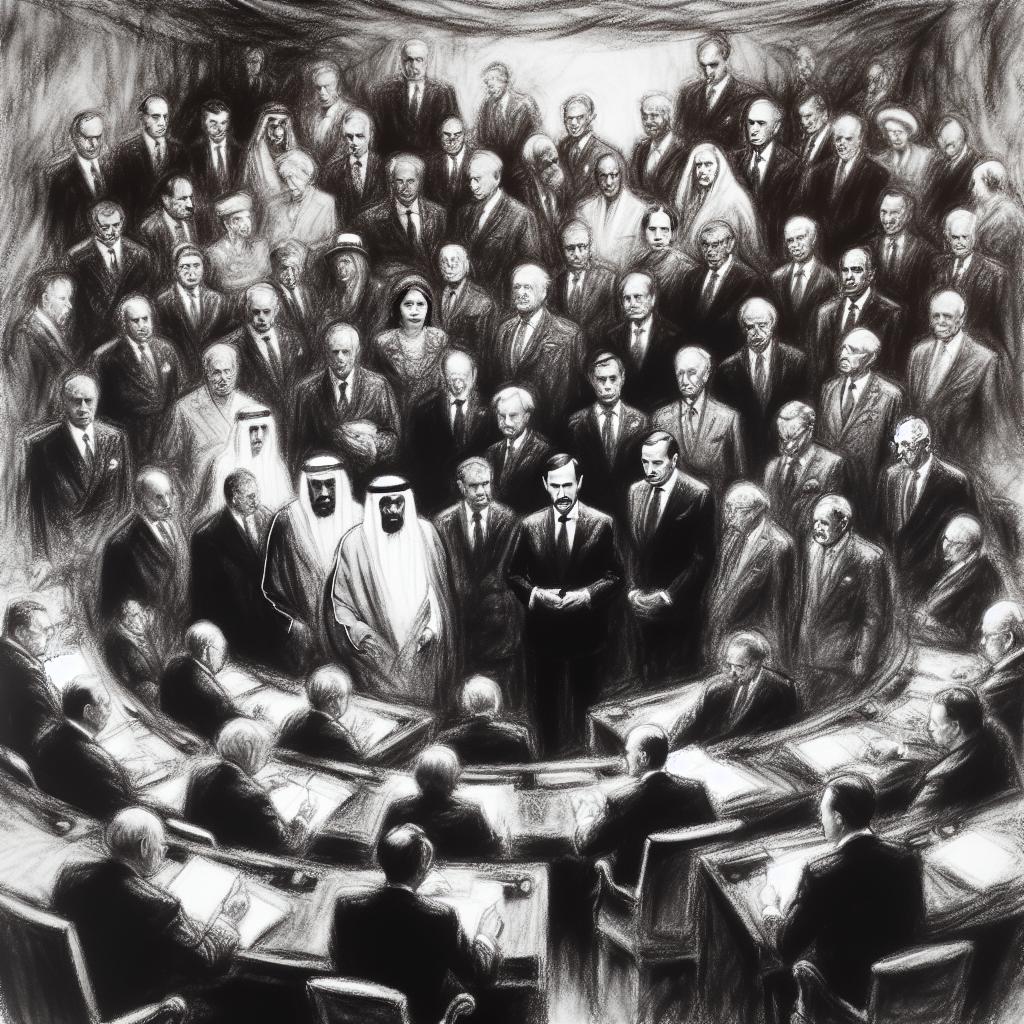Prime Minister Narendra Modi has ushered in his third term with a grand swearing-in ceremony at Rashtrapati Bhavan on Sunday evening. This historic event, attended by approximately 9,000 guests including political leaders from the Indian Ocean region, Bollywood stars, and industrialists, marks Modi’s continued leadership after his Bharatiya Janata Party (BJP) won 240 seats in the recent parliamentary elections.President Droupadi Murmu administered the oath of office to Modi, who at 73 years old, becomes the second PM after Jawaharlal Nehru to be elected for a third consecutive term. Alongside Modi, senior BJP leaders such as Rajnath Singh, Nitin Gadkari, and Amit Shah, as well as J P Nadda, were sworn in as cabinet ministers. The new cabinet is reported to include seven former chief ministers and focuses on a diverse array of leaders to navigate the coalition politics that have come to the fore due to the BJP’s shortfall in achieving an absolute majority.The BJP, while remaining the largest party, has had to rely on its coalition partners within the National Democratic Alliance (NDA) to reach the required 272 seats for a majority. This has raised expectations of a more conciliatory approach to parliamentary politics and a focus on consensus-building amidst regional party interests. Modi’s new term is anticipated to prioritize economic development and support for poorer social classes, reflecting his commitment to ‘Viksit Bharat’ or a developed India.The ceremony, which also recognized the contributions of workers and marginalized communities, signifies the inclusivity that Modi aims to bring to his governance. As the nation looks ahead, the composition and actions of Modi’s new cabinet will be pivotal in shaping India’s trajectory towards its developmental goals.
Key points
- Narendra Modi has been sworn in as Prime Minister of India for a third term in a historic event.
- The BJP formed a coalition with the NDA to secure a majority in parliament, with key ministers taking oath alongside Modi.
- Modi’s cabinet includes seven former chief ministers, emphasizing a diverse leadership to address coalition politics.
- The new term is expected to focus on economic development and support for poorer social classes.
